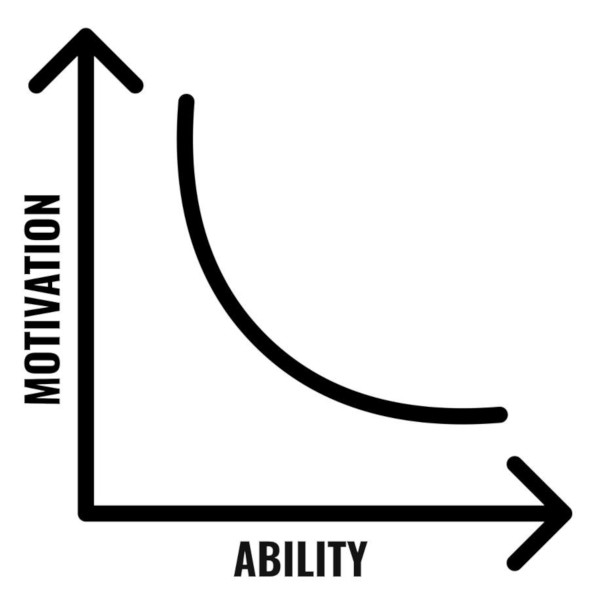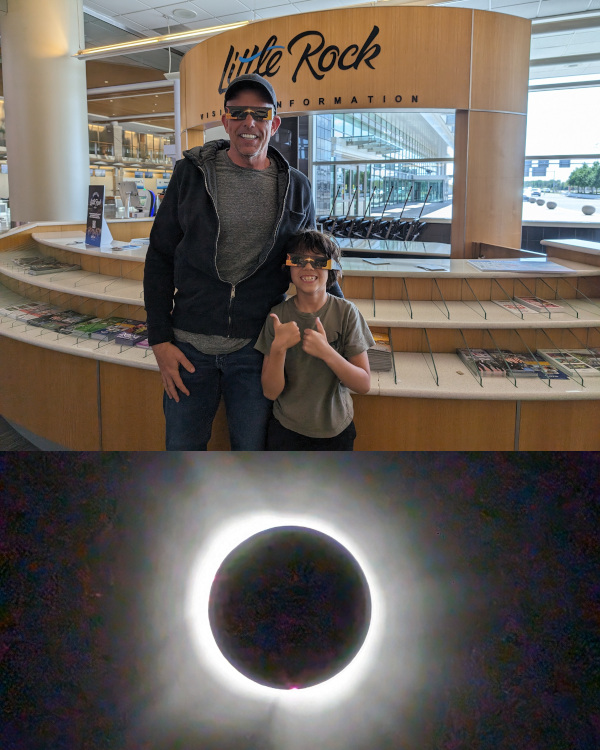I hope you’re on your way (or have already arrived) to having a fun summer. If not, I have something that can help, which I’ll share at the end. I also want to let you know that, for a limited time, Amazon has put the hardback edition of The Fun Habit back on sale. If you still need a copy, click here to get yours now; there’s never been a better time.
As we prepare for a summer full of fun, a quick reminder that fun isn’t just a nice-to-have—it can be an amazing vehicle to help us engage in healthy behavior. Having more fun isn’t just about short-term enjoyment (even though it is an amazing byproduct, right?); fun is now well understood to be one of the most successful sustainable approaches to long-term well-being.
The Science Behind Fun and Success
Last quarter, I laid the case that hustle culture isn’t the only path to success. While I have no disdain for those who thrive on intense challenges—heck, at one point, I thought the Ironman was fun—a growing body of evidence suggests that when we are trying to establish healthy habits, making your route to betterment fun is likely one of the most important (if not the most important) things to get right.
The reason is simple: When we enjoy an activity, we’re more likely to stick with it and reap its benefits over time.
Why: Motivation and Ability
In a recent lecture I gave at Stanford, I aligned having fun with BJ Fogg’s behavior model. If you’re not familiar with the model, it simplifies engaging (or not engaging) in behavior using three elements:
- Motivation;
- ability;
- and a trigger or prompt that cues the behavior.

Simply put, if a behavior is easy to do (ability) or we want to do it (motivation), we’re more likely to do it. So, the easier a behavior is to perform, the less motivation is required to initiate it. On the flip side, if a task is perceived as difficult, it necessitates a higher level of motivation to begin. So, it should be of no surprise (although, surprisingly, it is for a lot of us) that by integrating fun into activities that are also good for us, we naturally boost our motivation to engage in them.
Something to think about as you plan out your summer—why not use fun to get the hard stuff done?
This quarter, I returned to my organizational psychology roots and got to compare notes with three amazing scholars who also study fun in the workplace. If you are in a leadership position at work, I highly recommend you check them out.
John Michel, Ph.D., an Associate Professor at Loyola University Maryland, and Michael Tews, Ph.D., an Associate Professor at Penn State University, are leading experts on fun in the workplace. Dr. Michel’s research delves into fun at work as well as social connections at work, while Dr. Tews examines the impact of fun on employee performance and retention. Our interview explores their insights on fun at work, which can be found here.
Randall S. Peterson, Ph.D., is a Professor of Organisational Behaviour and the Academic Director of the Leadership Institute at London Business School. His research and work have been featured in outlets like Harvard Business Review and Forbes. In our interview, Dr. Peterson shares insights on the considerations leaders should think about when telling jokes in the workplace. Our conversation about humor at work can be found here.

A favorite line from The Fun Habit is, “If you want a twist of fate, start twisting,” and I’d been feeling uneasy in April that I’d talked the talk a lot lately, but I hadn’t walked the walk enough. So, I started twisting. In 2017, I took my daughter to see the solar eclipse, but my son was too young then, so I really wanted to take him to see this year’s. Initially, there was no way I could afford travel for the two of us. Airlines had jacked up any flight that would get you to an area where totality was accessible. So, I used the Options technique I outline in The Fun Habit, and sure enough, found a really reasonable there-and-back flight for my son and I to Little Rock, Arkansas (since the initially inflated prices created an oversupply of seats that had to be sold at a deep discount). Everything had to go right that day for us to make this life experience work, and it did. (There’s a joke in there somewhere about the moon and stars having to align to make this happen, but I couldn’t find it 😉). It was the perfect day.
My contribution continues to come through my leadership position in one of Grapevine‘s giving circles, as well as donations to the Greensboro Cerebral Palsy Association and Comic Relief’s Red Nose Day initiative.
It’s clear that summer fun is a vibe in 2024. I recently was featured in The New York Times alongside Cal Newport on ‘How to Make the Most of Summer‘ using fun. I am also collaborating with LiveHappy to offer a free, easily accessible eight-week summer course with simple ideas to ensure your next three months are packed with enjoyable things to do.
If that sounds interesting to you, I invite you to learn more and sign up here.
Yours in fun,
Mike Rucker, Ph.D.
